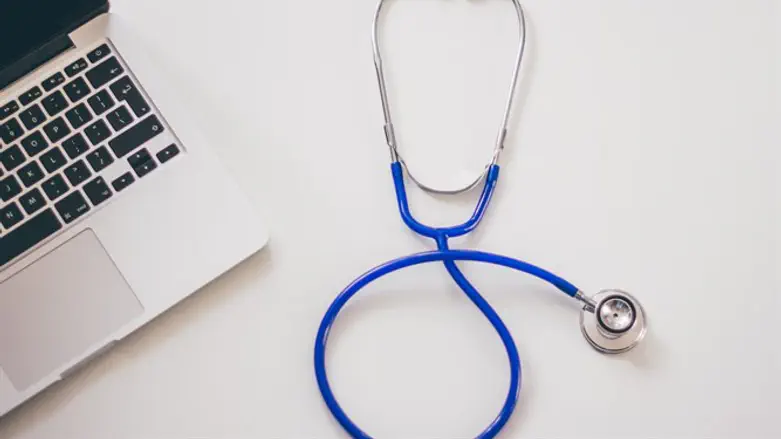
Online is the new market, and search engine is the new knowledge store, containing all the information which can be accessed within a click. People are becoming so much obsessed with the internet that they tend to believe everything that is available there. And, it is not completely wrong; in fact it is a good sign that people are evolving along with the technology and adapting it with time.
However, when it comes to health information- we have seen a contradicting result. People often find it difficult to believe what they see online. This case is usually observed in older adults and for the following reasons-
- The information can be posted by anyone on the internet
- Topmost results are selected by computer software and not by medical experts.
- Websites showing certain contents may be in favour of the company who is selling the product and may not provide reliable information
In order to eradicate such confusion, there are a few tips to be kept in mind while researching health information on the internet. Some of the tips are listed below:
Websites: Look for the URL, also referred to as the web address of the page, which is providing the health information. There are websites sponsored by educational institutions, government or professional organizations in India. These websites provide authentic information when compared to commercial websites.
Pointing out such websites is quite easy, here is how it can be done-
- .gov – U.S. Government
- .org – non-profit organization or professional
- .edu - educational institution
- .com - commercial websites e.g. drug company website
If someone is referring to a doctors website in India, it is suggested to check the credibility of the doctor such as experience, educational background, association with medical organizations, papers published, etc. who is providing the information.
Credibility of the website: Once you are on the website, visit the ‘About us’ section, check the purpose of the organization. If the aim of the website is to promote any service of commercial websites, then there is a chance that the information provided might be unbiased.
If any contact information such as email id or mobile number is mentioned on the website, you can contact them and learn about the purpose of the organization.
Someone should not get confused with the link as it may direct to a website which may present biased information. In that case, you need to evaluate the credibility of the new website to ensure whether it is trustworthy or not.
Information history: Check for the ‘last updated’ on the webpage to see whether the information is up-to-date or not. If there is no section of last update, you should assume that it is up-to-minute.
Other way to find that the website is up-to-date or not is - check the links on the website. If theses links do not work, it signifies that website may be out-dated.
Credibility of Information: Look for information which is based on research and evaluation instead of opinion. If the article is on the basis of research then look for the source who has conducted it.
Evaluate the quality of the health research presented on the webpage. If the study is done on a small scale, then it may not be as adequate as the health claim made on the basis of multiple and large scale studies.
It is advisable not to believe in health articles that claim of a ‘miracle cure’.
Make sure you do not rely only on one website, match the information with other credible websites also. Trust the information if it is consistent on more than two websites minimum.
Having said everything, it is always a good idea to go and visit a medical practitioner. The Internet has taken over every aspect of life including healthcare. Nowadays, there are start-ups providing instant medical facility- be it consultations or fixing an appointment with a doctor. It is as easy as searching for any information. Even if you are satisfied with the online information, make sure you cross-verify it with a doctor at the end of the day!